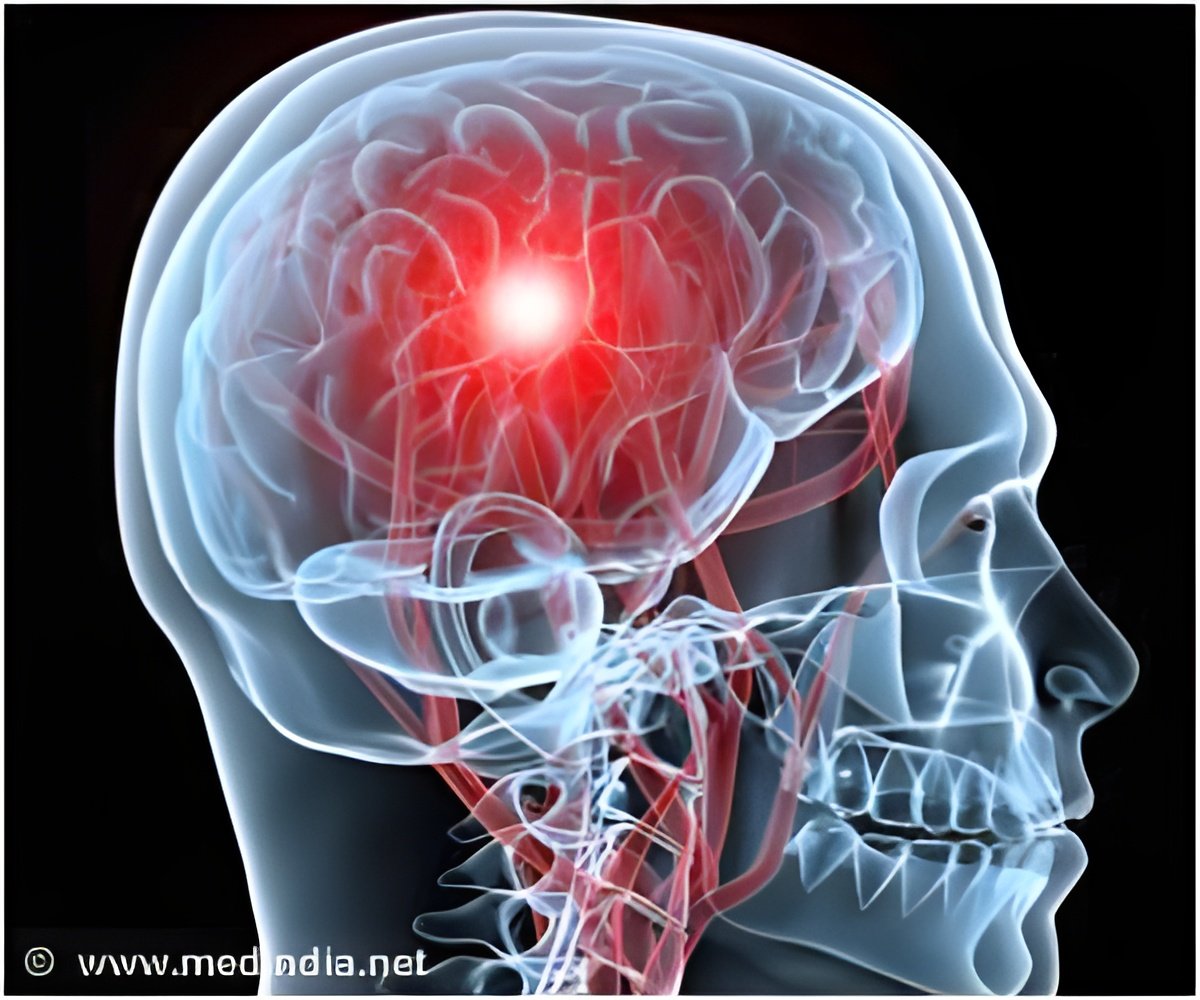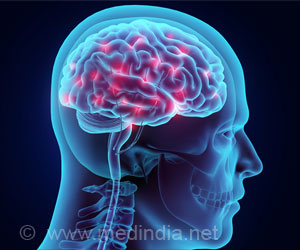
‘Intensive therapy does not offer the desired effect in recovering from the loss of language or communication, following a stroke. Language is a higher-order function that requires thinking and cognition skills, and it should be tailored according to the needs of the patient.’
Read More..Tweet it Now
According to lead author and Associate Professor Erin Godecke from ECU's School of Medical and Health Sciences, the findings can be used to treat aphasia.Read More..
"Previously people with aphasia got the majority of their therapy in the first 6-8 weeks after stroke," Professor Godecke said.
"Our research shows that there is no benefit to this. It is likely that the same therapy could be spread over a longer period to enhance recovery, rather than getting a burst at the start and very little over the next months or years," she said.
Aphasia is a neurological disorder that affects language, communication, comprehension, reading, and writing. Around one-third of people who experience stroke suffer from aphasia. It is usually treated with speech therapy.
"We found that when we provided early aphasia therapy, people had a massive increase in their ability to communicate at 12 and 26 weeks after their stroke. They could talk better and had less difficulty finding and using the right words. Importantly though, we also found that if we provided around 10 hours of therapy per week versus nearly 23 hours a week, the results weren't any different. We didn't see any harm, but we didn't see any benefit," Professor Godecke said.
Advertisement
"We tend to believe that more intensive is always better. However, we're beginning to see data emerge to show us that language recovery might behave a little differently to motor recovery functions such as walking, moving your arm or sitting up," Professor Godecke said.
Advertisement
The therapy for aphasia needs to tailored according to individual needs and depending on how much each person can tolerate.
"Because language is a higher-order function and it involves more thinking time and cognitive skill, having breaks between sessions may help consolidate learning," Professor Godecke said.
Source-Medindia















